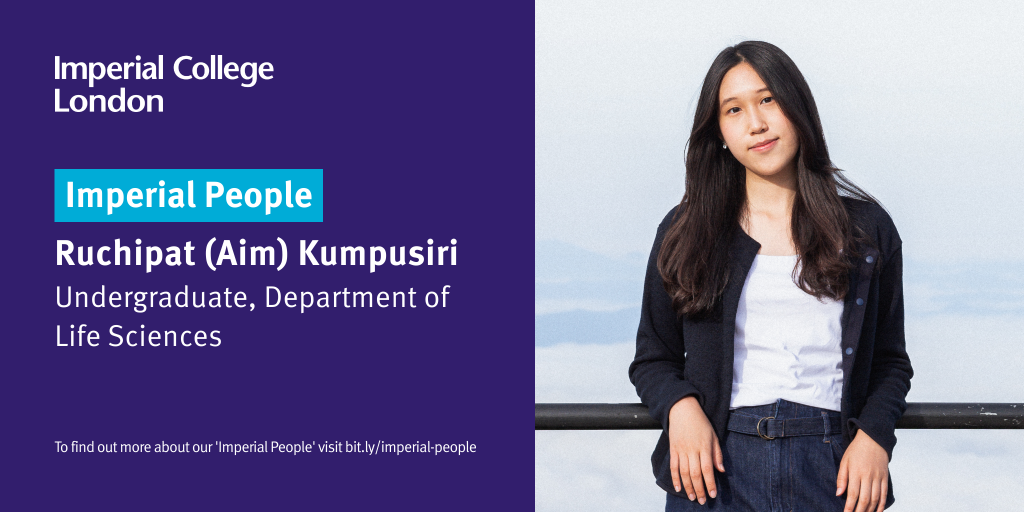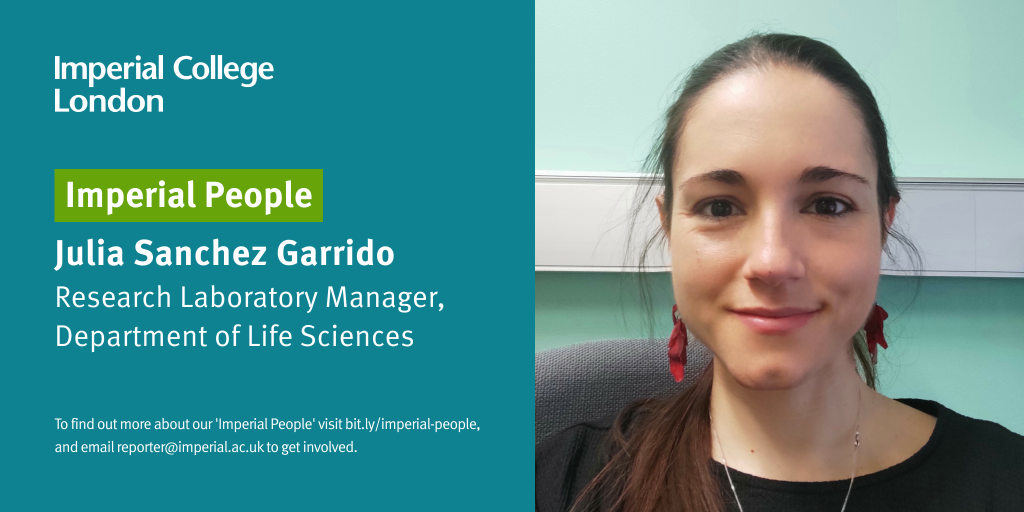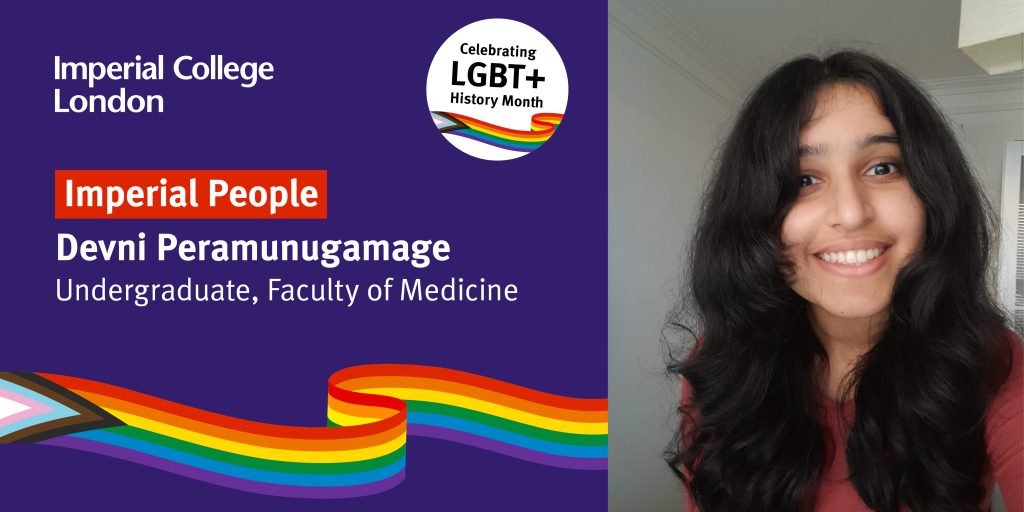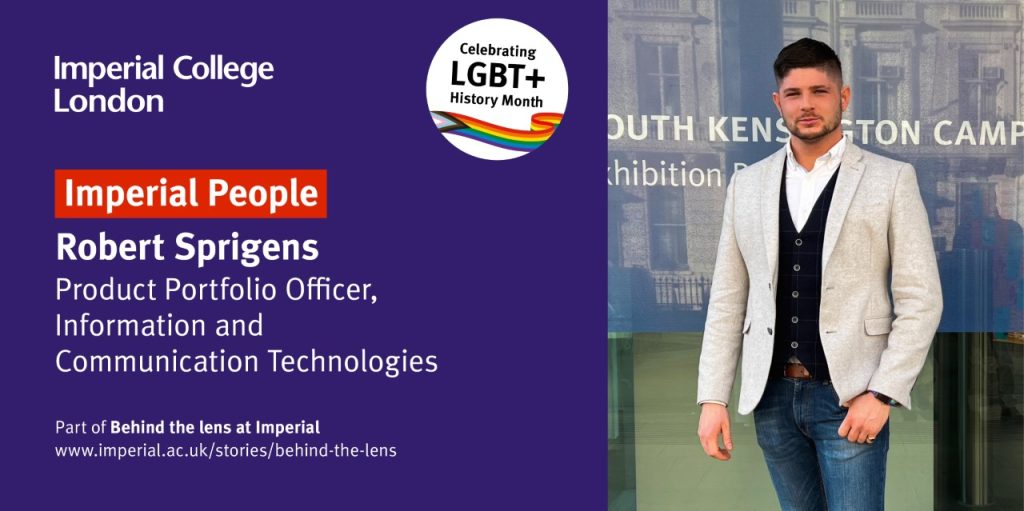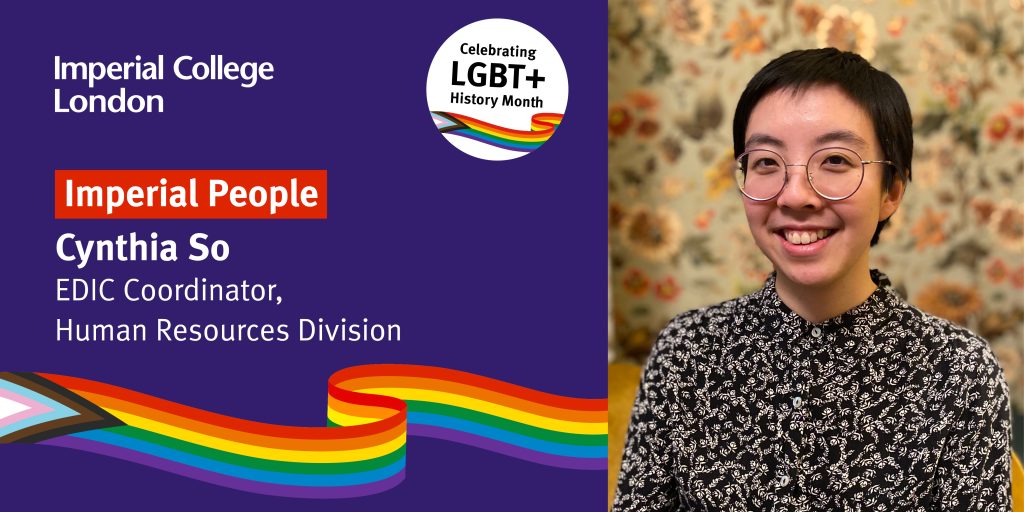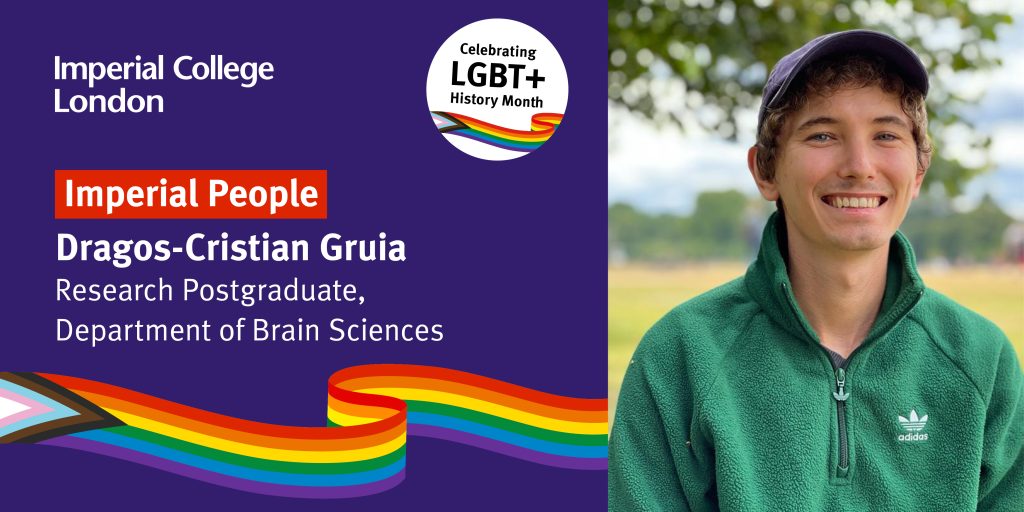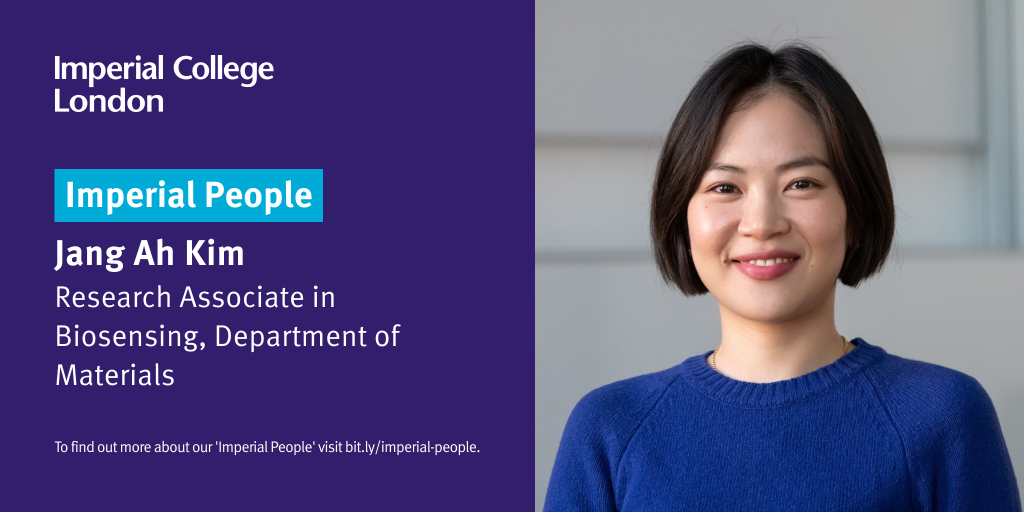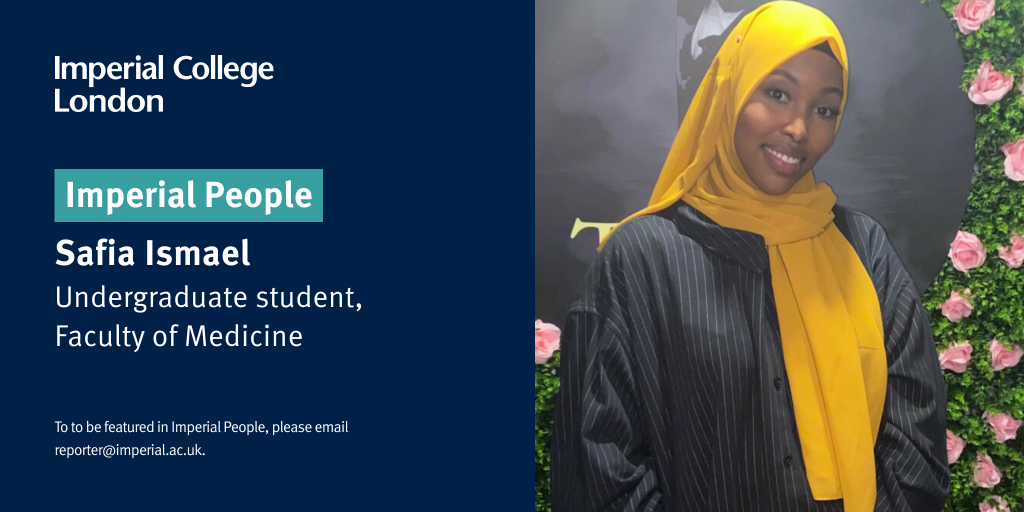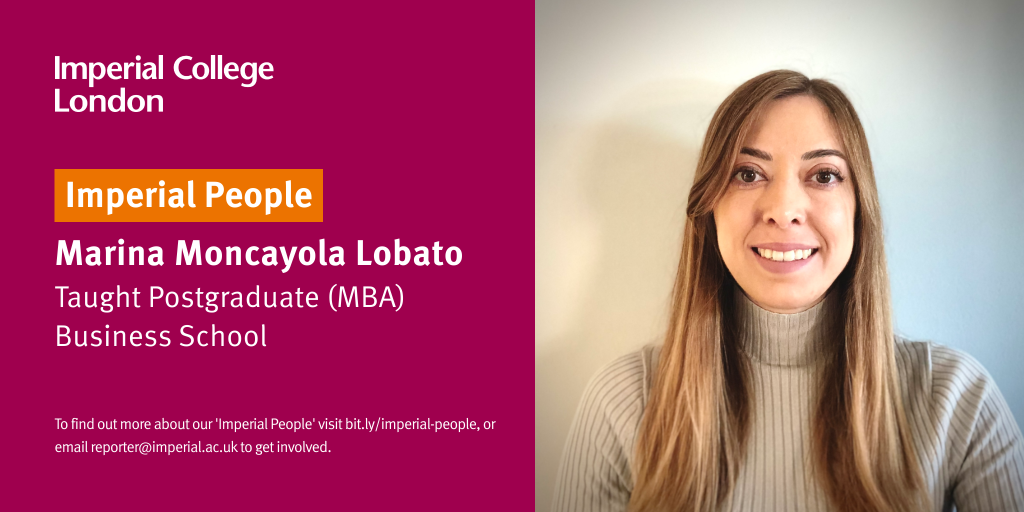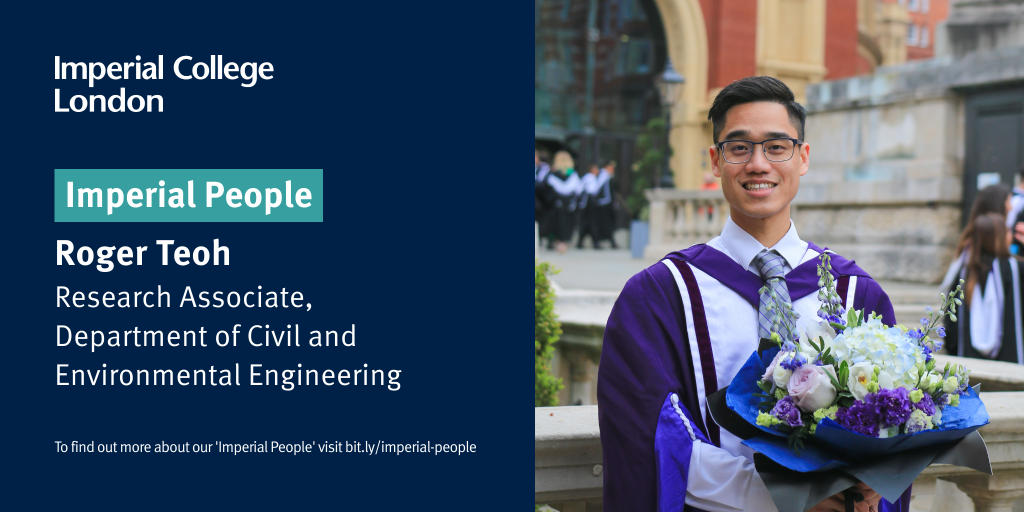
“My research is about the climate impacts of contrail cirrus clouds – line-shaped clouds that form behind an aircraft”
I am a research associate at the Transport and Environment Laboratory in the Department of Civil and Environmental Engineering. Global aviation is fundamentally entwined with the fabric of modern society, bringing significant social and economic benefits, but it also generates negative impacts in the form of climate change and local air pollution.
I develop computer codes to improve existing models of aircraft flight. I use them to simulate aircraft fuel consumption, exhaust emissions, and the formation and lifecycle of contrail cirrus – line-shaped clouds that form behind an aircraft. My research objective is to improve our understanding of the climate impacts of contrail cirrus clouds, which are responsible for two-thirds of the climate effects from aviation.
